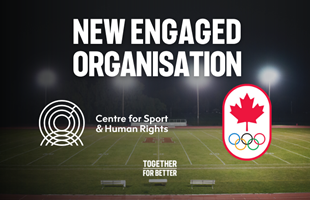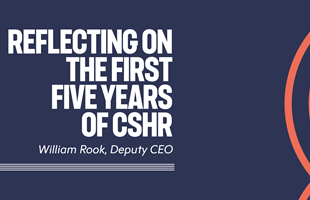“Law Exclusion Zones”: Mega-Events as Sites of Procedural and Substantive Human Rights Violations
14 Aug 2014
Author - Megan Corrarino

"Law Exclusion Zones": Mega-Events as Sites of Procedural and Substantive Human Rights Violations
Abstract
In the Rio de Janeiro community of Vila Harmonia, nestled amidst the beachfront high-rises of the city’s growing middle and upper classes and future sites of the 2016 Olympic Games, residents awoke to eviction notices ordering them out of their long-time homes within “zero days.” At 2014 World Cup sites throughout Brazil, construction workers are being advised that their normal collective bargaining rights have been suspended because of the urgency of the projects. Traditional food-sellers in one World Cup host city, Belo Horizonte, were summarily evicted from the stadium adjacent area where they held the right to work for years, and where generations of families have gone for a pre-game churrasco. In another city, Natal, mandatory environmental analyses have been ignored as the city speeds ahead with transportation projects that threaten the environment around the city’s world-famous beach dunes. These decisions and scores of others have been made behind closed doors, without normal participatory processes. In 2013, the Secretary General of the Fédération Internationale de Football Association (“FIFA”) said, tellingly, “[L]ess democracy is sometimes better for organizing a World Cup.” With major sporting events approaching, the official narrative seems to go, there simply is not time for the human rights protections enshrined in national and international law.



